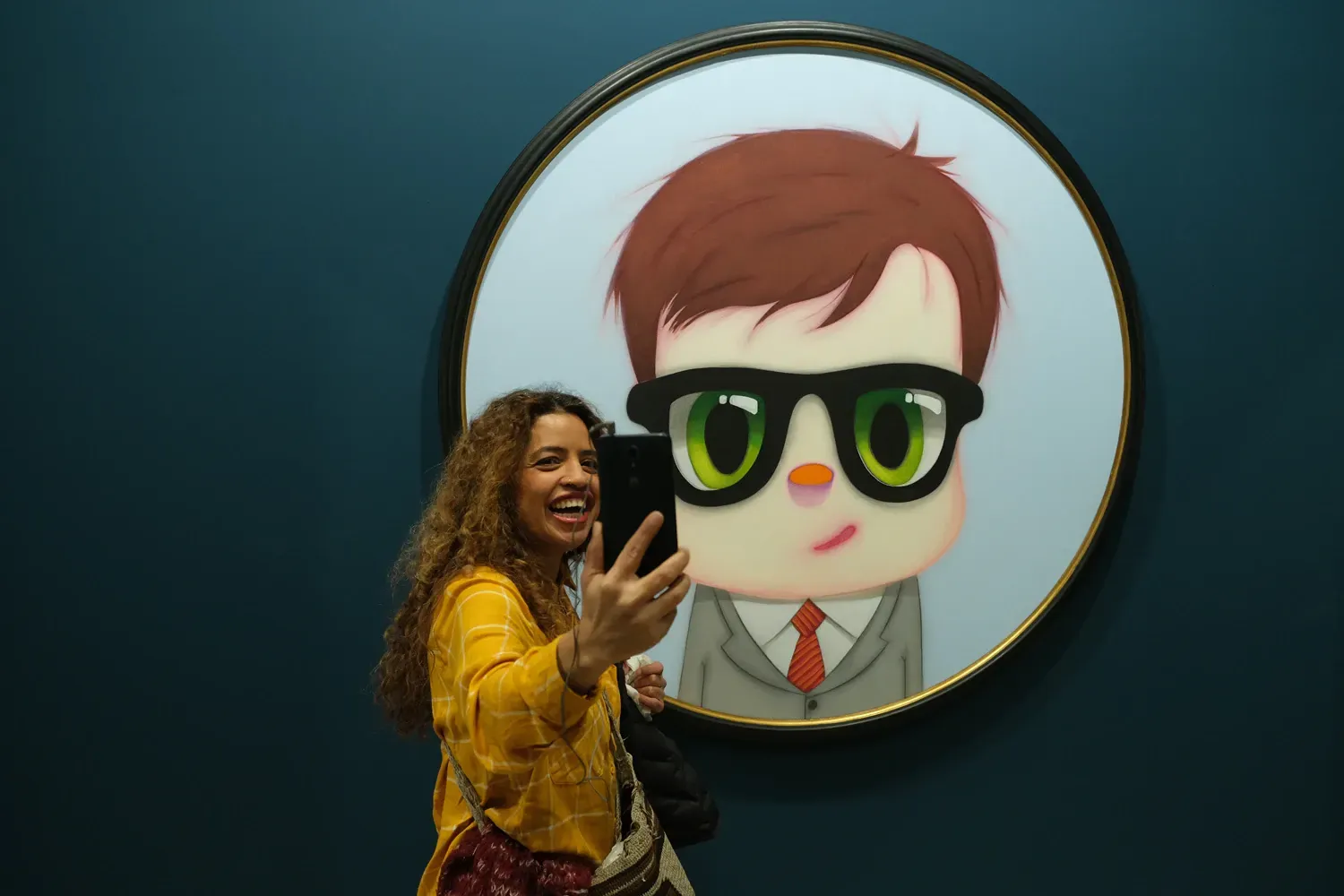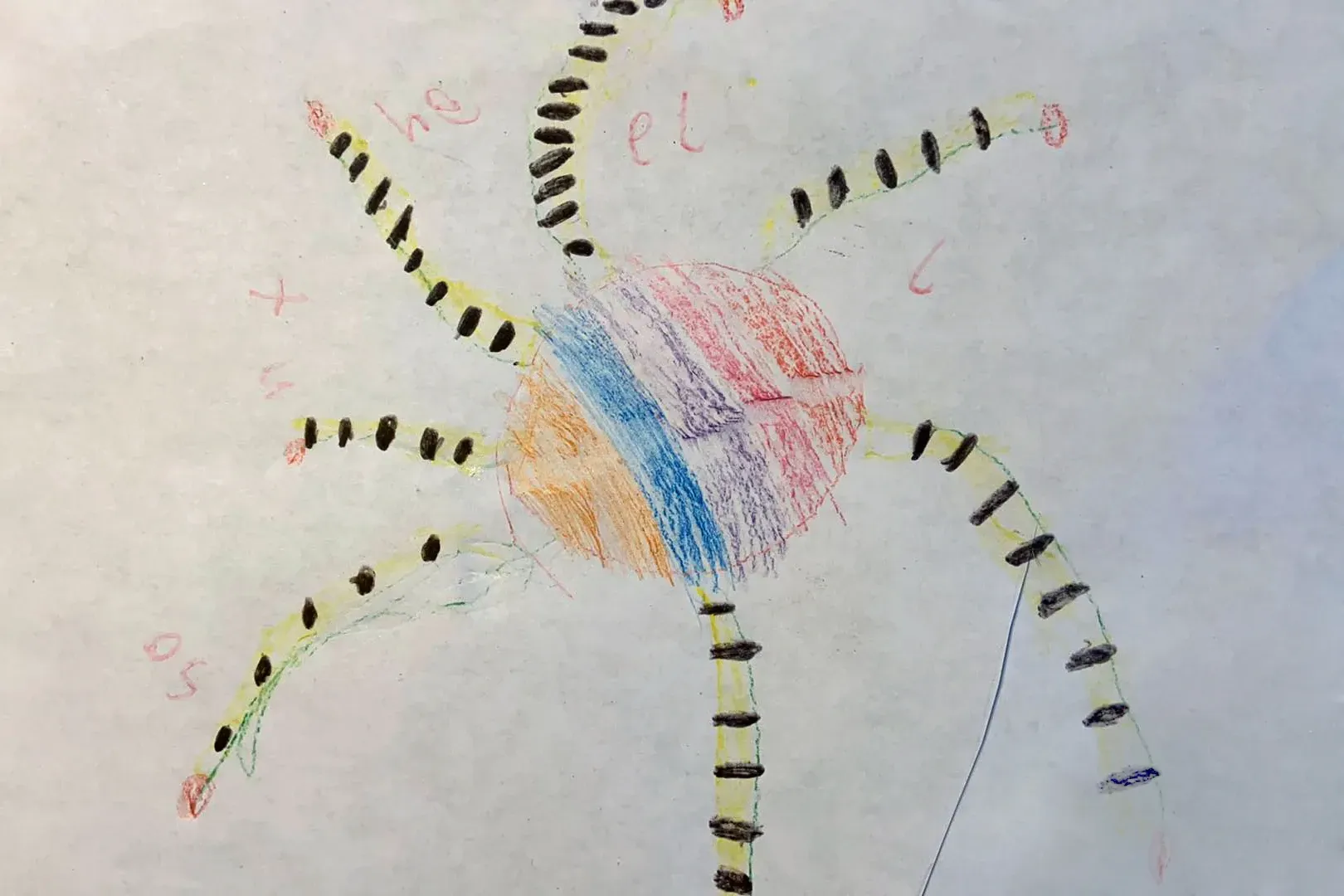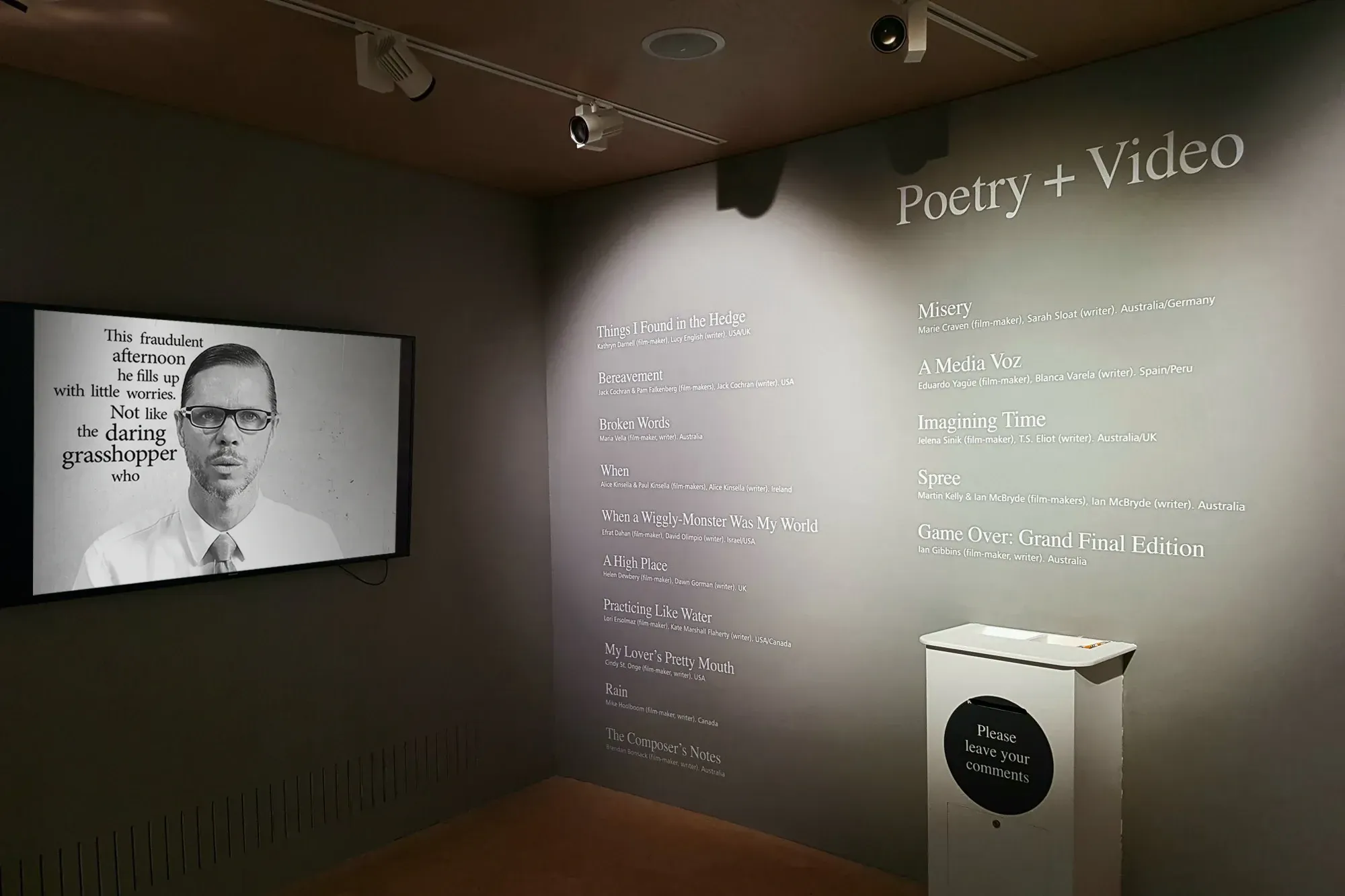Staying creative in Spain's 'state of alarm'
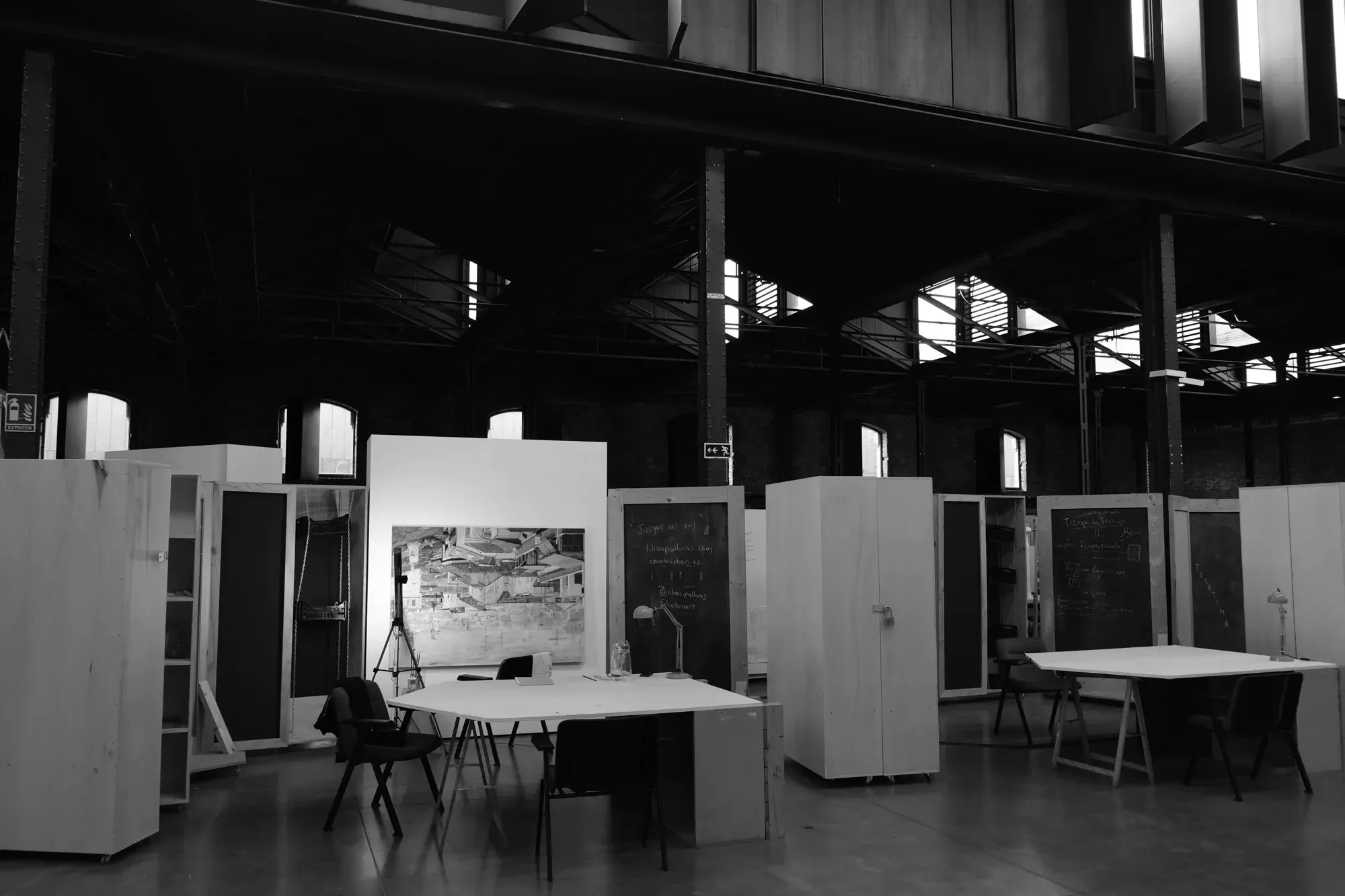
Things are changing day by day here in Spain with the threat of the Coronavirus Covid-19. We are now facing an official 'state of alarm' where we can only venture out to buy food, medicines or other essentials, to travel to work, or to assist and care for vulnerable people. The streets are quiet. You can be fined if you don't have a valid reason to be out – even going for a run is out of the question.
This year, together with the Colombian writer and actress Lilián Pallares, we have received a residency at the Centre for Artists in Residence of the Matadero Madrid titled 'Juegos al sol' ('Playing in the sun'), on the theme of childhood, play and public space. The Centre provides residency work spaces for local, national and international creative artists, and its guiding principles are to promote experimentation in an open and collaborative environment, to stimulate artistic creation as a process of investigation, and to prioritize creation as a process closer to education than to the demands of the market.
Until last Tuesday we were working in our studio in the striking installations of the Matadero, which was formally a slaughterhouse on the banks of the River Manzanares in the south of Madrid and was converted in the late 00s and early 10s into a cultural hub with exhibition spaces, cinemas, theatres, cafés, the Casa del Lector focussed on reading and storytelling, Intermediae which is a space for cultural dialogue and interaction with the public, as well as a huge open plaza for outdoor concerts, fairs and other activities. The previous week I had spoken about our creative projects and life in Madrid with Jim Mora on Calling Home on RNZ Sunday Morning but a week later and the atmosphere in Madrid had changed completely.
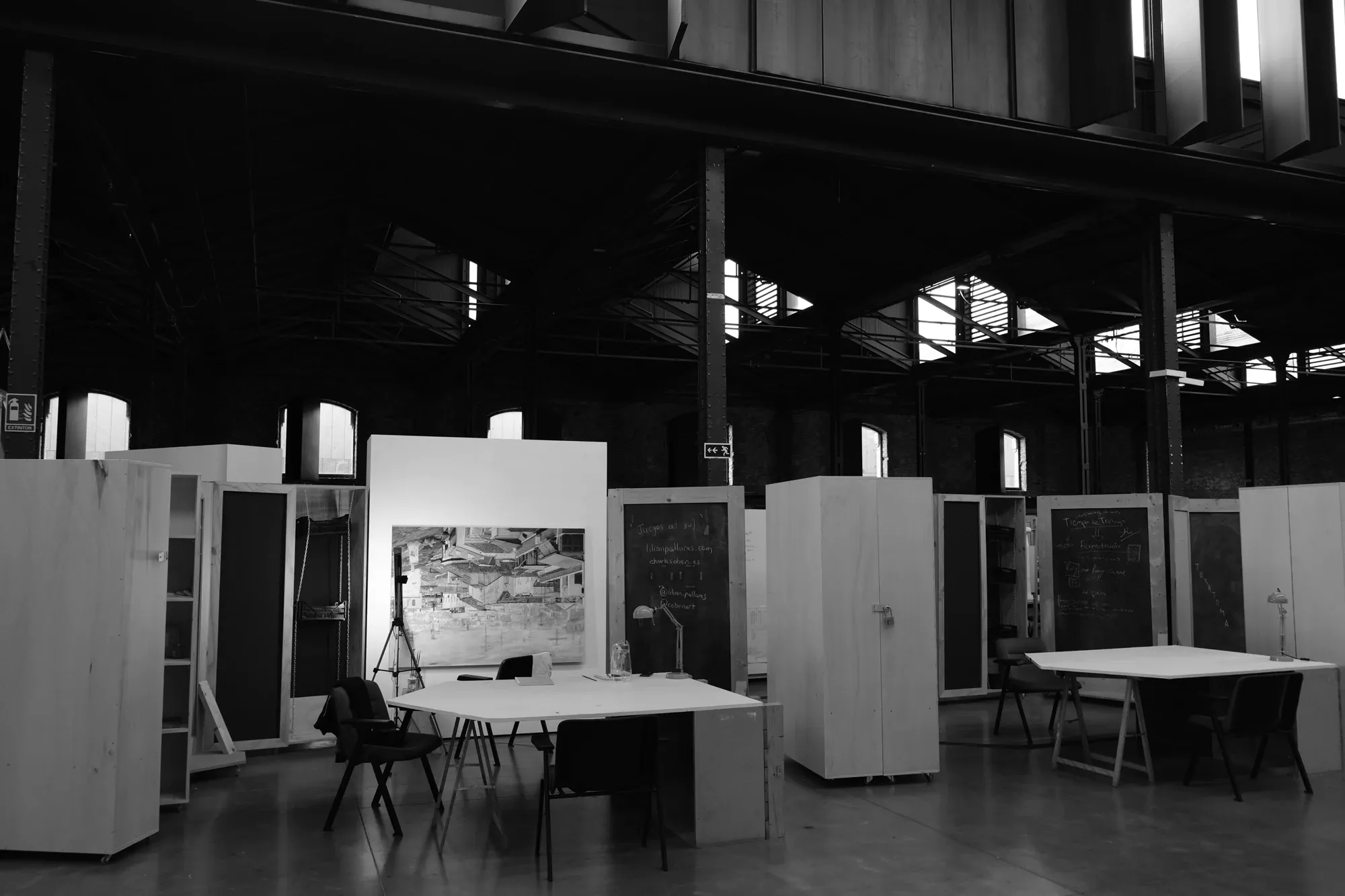
Work in progress in the Centre for Artists in Residence, Matadero Madrid, Spain.
Madrid normally has a lot of cultural offerings and we had recently enjoyed seeing how the Prado Museum makes its collection accessible to children, explored the international contemporary art fair ARCO through the lens of childhood and play, participated in the Residency's Open Studios which ran parallel to ARCO, and been to see the beautiful documentary Soñando un lugar [trailer with English subtitles] directed by Alfonso Kint, which follows the story of the filmmaker's family deciding to move from the city to a small provincial village with a dwindling, mainly elderly population and the challenges they face following their dreams. This was almost the last social event we went to before cinemas, theatres and galleries began closing their doors.
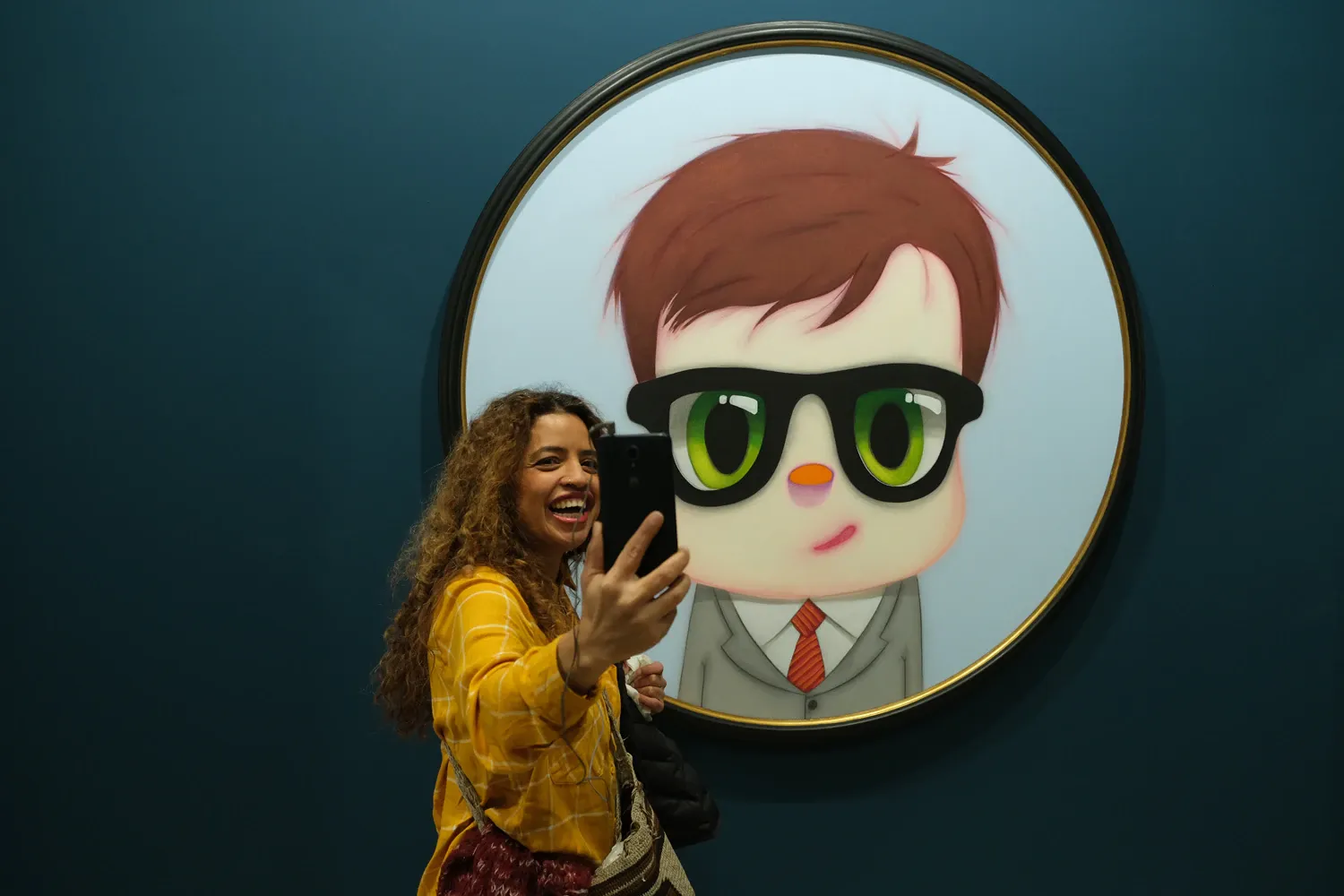
Lilián showing our niece a painting by Javier Calleja in ARCO 2020, Madrid, Spain.
On Wednesday all cultural activities were cancelled and our studio was closed for at least a fortnight. Unable to retrieve the canvas and painting materials to continue at home, we have been trying to get used to the new situation and switch to other strands of our project we can develop online.
We have just launched a Spanish language poetry challenge based on a workshop we did last year in a nursing home for the elderly in Barcelona. In the workshop we gave five words loosely related with childhood – sea, boy, happiness, seagull and ball – and they used the words to write a short poem or story. Many had difficulty holding a pen so they told us their stories and we wrote them down for them. Some were very moving and reflected a different time in Spain growing up during the dictatorship. Not everyone was able to create a story but we took photos of each person's text with their hands and the hands tell their own story. On this occasion we are inviting people to share the challenge with the elderly and children, so hopefully it will bring people together and take minds off the current situation for a while. You can follow the project on Palabras Prestadas [link in Spanish] and we will be doing something similar for this year's Given Words competition for National Poetry Day. Just today Lilián was working by video-chat on a poem with the five words with the daughter of a friend in Barcelona.
With family and friends in the UK, New Zealand, Colombia and the United States, the internet has been invaluable for keeping in touch. In these moments it is valuable not just for following events but also for offering a creative outlet. Our six-year-old niece Mia Gill in the United States did the following drawing of 'The Heart of the Coronavirus' and explained to Lilián, 'The heart of the Coronavirus is black and red ice. It is sad because it feels cold and can't stand so much pain. It needs the sun to be able to smile again.'
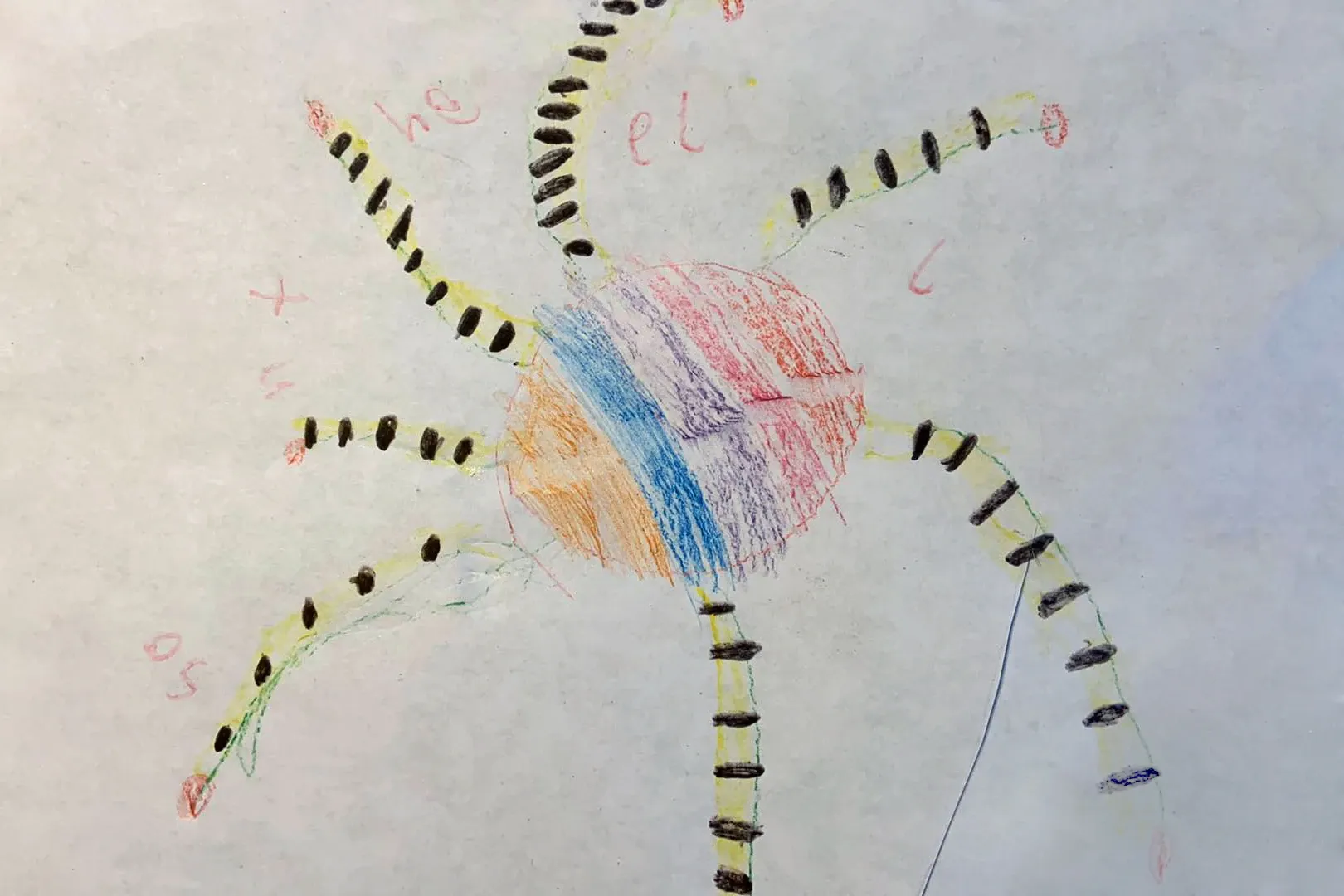
Drawing of the Coronavirus by Mia Gill, aged six.
Another project we recently launched jointly with the writer and performer Peta-Maria Tunui (In*ter*is*land Collective), invites writers and filmmakers in and around Porirua to explore writing poetry in te reo Māori and the relationship between words and film with He awheawhe kiriata-ā-toikupu – Poetry Film Workshop. It is something new for us and has its own difficulties, not least the 12-hour time difference with Spain. We are sharing our knowledge and experience of writing poetry and making poetry films as well as the challenge of writing in a language that may not be your first language. For me reading, writing and translating in Spanish has been a way to get an insight into the culture and ways of thinking and has helped me to feel more integrated in life here. I am also taking advantage of the lockdown to futher my te reo Māori studies.
In recent years our own work has been travelling the world to different poetry film festivals. Often participating in one festival sets the ball rolling and one film ends up touring the world while we watch from afar. My piece 'The Afternoon' was selected for the Poetry + Video touring program of video poems from around the world curated by Australian film-maker Marie Craven, and has travelled from Australia to Greece, Italy, Croatia, and has finished a stint at The Word in South Tyneside, UK, just days before the venue closed its doors for a period due to the Coronavirus.
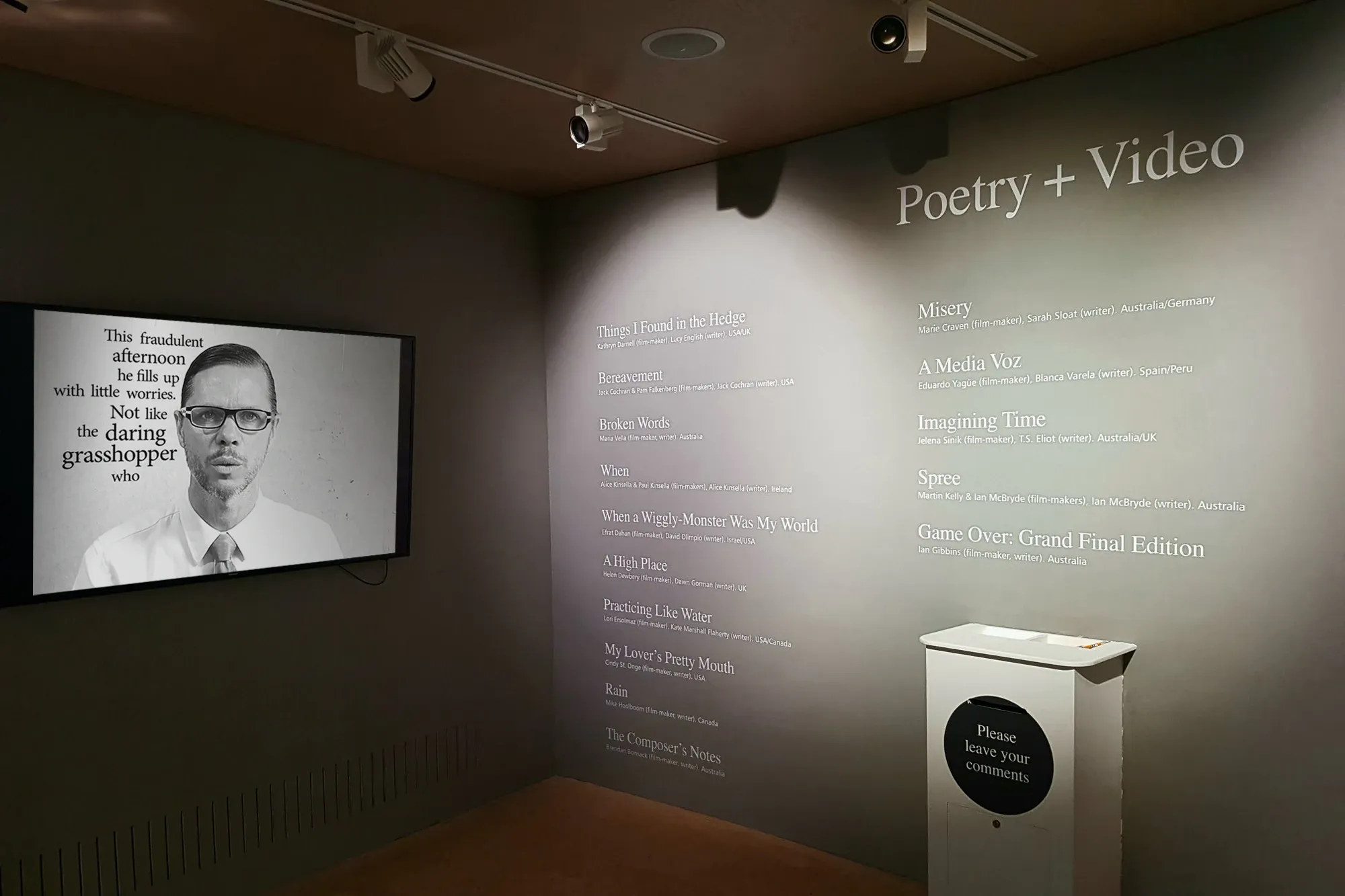
'The Afternoon' in Poetry + Video touring exhibition in The Word, South Tyneside, UK, February – March 2020.
So we are trying to continue with our projects using the tools we have in our flat and adapt to the new situation as best we can, but it is not easy. Today I went down to the supermarket for the first time since the lockdown. There are queues in the street outside each shop with people standing quietly at least one metre apart and a guard letting people in one by one and making sure they put on the disposible gloves provided. The tills have perspex windows to protect the staff. The shelves are once again well-stocked. There is a sense of calm. The buses pass by regularly on the empty roads with only one or two passengers. The police pass through the plaza telling the one or two people sitting in the sun to return to their homes. The area of the plaza where the junkies hang out is empty and cordoned off. The flower stands dotted around the plaza are closed.
In the evening I open our attic windows at eight as the sound of applause rises from the streets below for the health workers who are on the front line, and tonight an hour later people are banging on pots in protest at money allegedly held in Switzerland by Juan Carlos I, father of King Felipe VI, asking for it to be given to the health service.
Sometimes there is too much to take in. Madrid has a population of 6.5 million. New Zealand with its smaller population and lower density, even in the cities, can hopefully find ways to manage this virus without such drastic measures as have been needed here, but that depends on everyone playing their part.
I hope I can get back to my painting soon, and we can once again meet up with friends and visit exhibitions. In the meantime we are finding inspiration in looking at the world through a child's eyes, finding opportunities for creativity and play which can transform the world around us.
